If you found this post, you're probably dealing with a number of seasonal allergy symptoms, even if you don't actually have seasonal allergies. Maybe you're even looking for how to clear histamine from the body without using antihistamines or H2 blockers, the typical medicines that doctors throw at a runny nose and a rash.
This article is focused on that very issue, particularly for those with a histamine intolerance— how can you lower histamine levels naturally and for good?
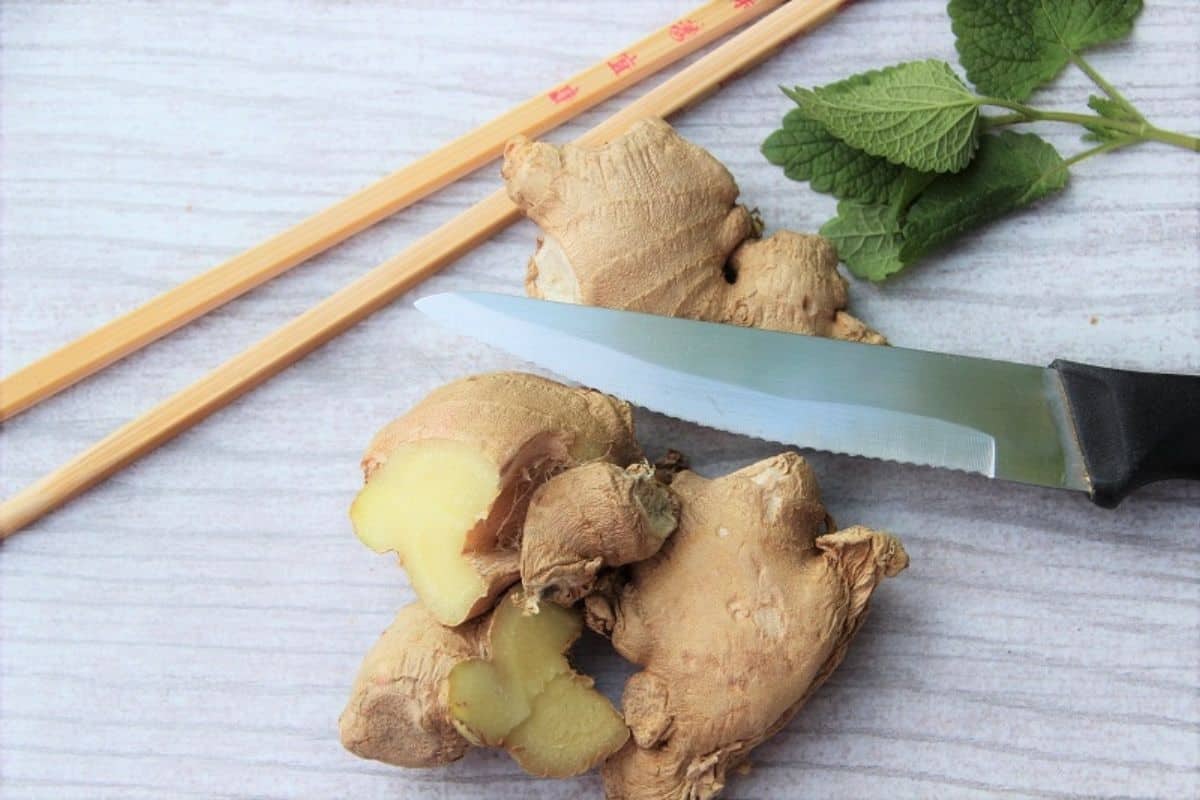
Jump to:
🤔 What is Histamine?
Histamine is an inflammatory nitrogen-containing biogenic amine, which just means that wherever it goes, it causes inflammation. To produce histamine, enzymes and co-factors must come together to convert the essential amino acid L-histidine via a process called "decarboxylation."
The main co-factors necessary for the production of histamine are PLP (pyridoxal 5’-phosphate), vitamin C, iron, and vitamin B6. Some people with histamine issues end up deficient in one or more of those nutrients due to their body's overproduction of histamine.
But histamine is necessary because it plays an important part in the body’s inflammatory and immune cells' reactions to different allergens such as pollen, dust, certain foods, insect bites, and even certain medications.
Recently histamine has also been recognized as a neurotransmitter, due to its many body-wide effects. Histamine is mainly produced in granules in the basophils and mast cells (important parts of your immune system.
Normally, histamine is cleared from the body through a metabolism (breakdown) catalyzed by the enzymes diamine oxidase (DAO) and histamine methyltransferase (HNMT).
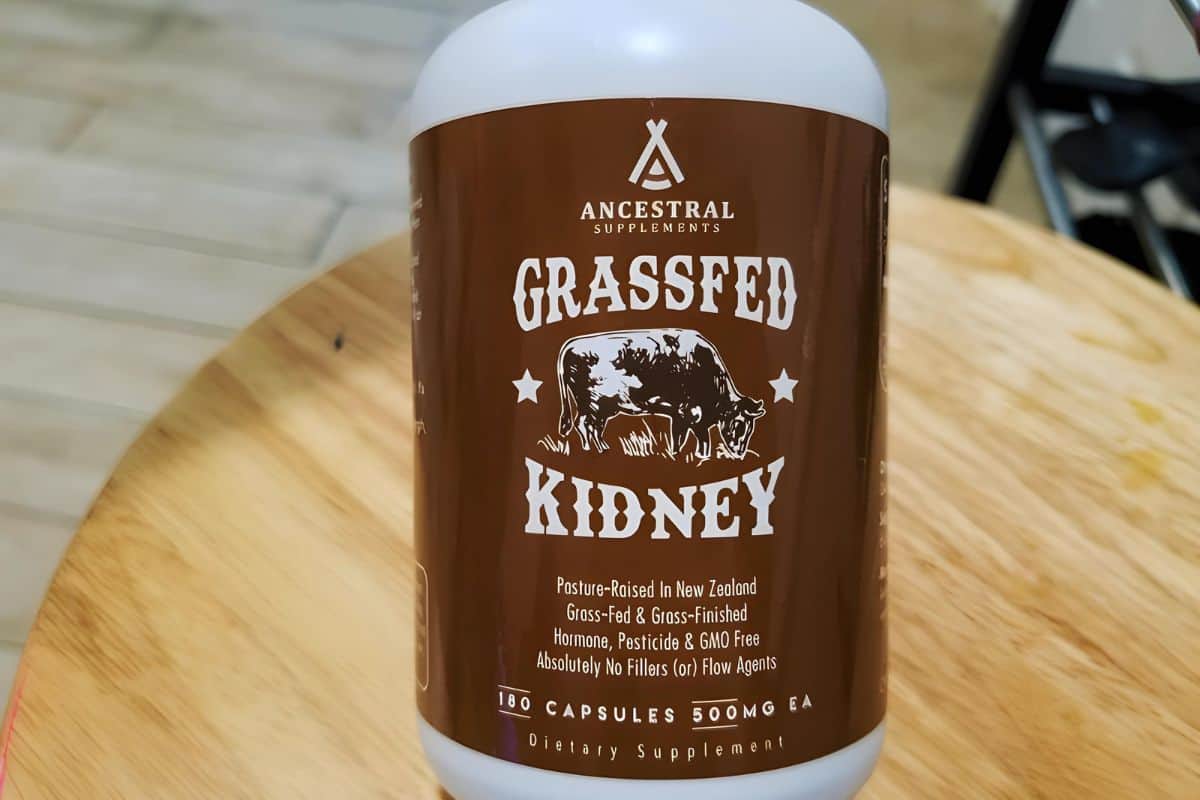
🌡️ Causes of High Histamine Levels
Histamine intolerance itself is a symptom of the root cause(s) and should NOT be listed as a cause by itself. Some of the most common causes include SIBO, mastocytosis, mast cell activation diseases, heavy metal poisoning, some inflammation-causing viruses, and mold toxicity or other infections.
Some sources I've read over the years have mentioned nutrient deficiencies, specifically vitamin B12, as playing a role in developing histamine intolerance that can be reversed. Now that we understand what histamine is and why it's important, let's look at the many potential causes of high histamine levels.
A condition known as Histamine Toxicity occurs when histamine accumulates in the body, and eventually rises to toxic levels which can lead to potentially dangerous physical symptoms, including anaphylaxis.
The fact is that chronic histamine toxicity— i.e. histamine intolerance— is still widely unknown to modern doctors, and that seems to be the main reason why it still goes widely undiagnosed.
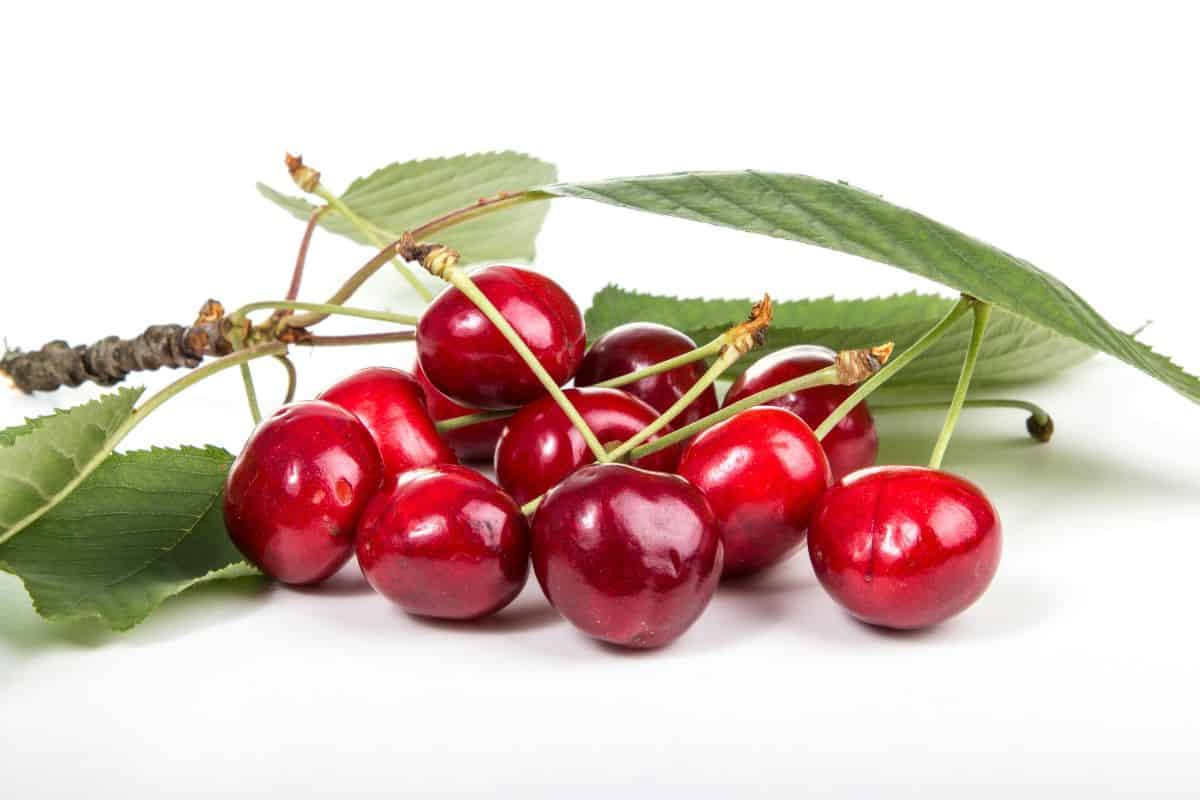
🤒 8 Potential Causes of Histamine Toxicity
- Poorly refrigerated or spoiled fish, such as tuna or anchovy, which develop an overgrowth of histamine-producing bacteria. When this bacteria is consumed, it can cause elevated and eventually toxic levels of histamine, in a condition is known as Scombroid Poisoning. Certain types of fish are more prone to causing histamine toxicity, including mackerel, herring, tuna, mahi-mahi, anchovies, bluefish, marlin, and amberjack.
- Low DAO: a deficiency of the enzyme diamine oxidase (DAO), which metabolizes and eliminates histamine from the body, can lead to elevated histamine levels in the body and eventual overload. Causes of DAO Deficiency include the excess use of alcohol, overgrowth of certain intestinal bacteria, as well as DAO blockers (a group which includes medicines as well as foods). Other causes of DAO Deficiency include hormonal imbalances and gastrointestinal disorders such as Irritable Bowel Diseases, of which Ulcerative Colitis and Crohn’s Disease are the most common.
- Mastocytosis is another cause of histamine toxicity. It occurs when the number of mast cells increases in the body’s tissues, even in places where they shouldn't be. As the number of mast cells increases, so does the amount of histamine produced within the cells, leading eventually to histamine overload if left untreated.
- Small Intestinal Bacterial Overgrowth (SIBO) is a histamine liberator in which there is an overgrowth of bacteria in the small intestines usually due to complications of surgery or intestinal disease, which then leads to elevated histamine levels.
- Mast Cell Activation Diseases are rare, but seem to be increasing in the general population. They're characterized by abnormal mast cell activation by patient-specific triggers, which cause them to release unnecessary histamine. Continual and untreated triggering of the mast cells leads to extremely high levels of histamine, causing many of the symptoms of a severe allergic attack including hives, shortness of breath, and abnormally low blood pressure. This is different from Mastocytosis.
- Environmental poisoning: both mold poisoning and heavy metal poisoning, such as that with mercury or copper, have been found to lead to inflammatory reactions involving high levels of histamine.
- Viral infection: inflammation-causing viruses such as SARS-CoV-2 have been found to cause increased histamine levels and result in chronically high histamine states if left untreated. Other viruses and bacteria have also been found to increase histamine production and levels, especially in children.
- Vitamin B12 deficiency has also been associated with reversible but persistent histamine intolerance, thought to be due to issues with the body's ability to break down the histamine quickly enough.
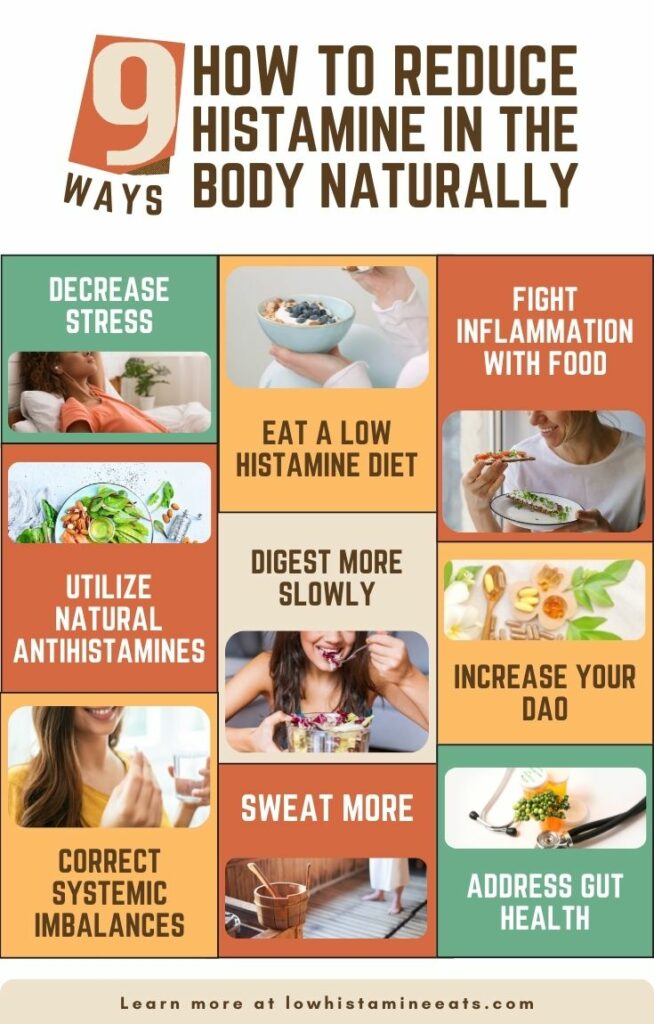
📉 How to Reduce Histamine in the Body Naturally
1. Decrease Stress. Chronically high stress has been found to increase the release of many hormones, use up calming neurotransmitters, and release inflammatory substances such as histamine. Therefore reducing or managing physical and emotional stress can decrease histamine levels in the body. This should be one of your top priorities.
2. Eat a low histamine diet. There are many approaches to starting a low histamine diet, but the first step is to avoid all high histamine foods, as this can also help to decrease the amount of histamine in the body without requiring you to overhaul your diet in one go.
High histamine foods include any fermented foods such as sauerkraut, wine and beer, aged meats and cheeses, olives, tomatoes, vinegars, kombucha, most seafood, and spinach.
This may sound like a lot of foods to cut out, and if that's the case, for you it may just be easier to jump into following a low histamine diet that outlines only what you can eat.
But rest assured, after just 3-4 weeks eating low histamine, your symptoms should subside— and if not, you'll need to talk to your doctor about other potential causes for your allergy symptoms.
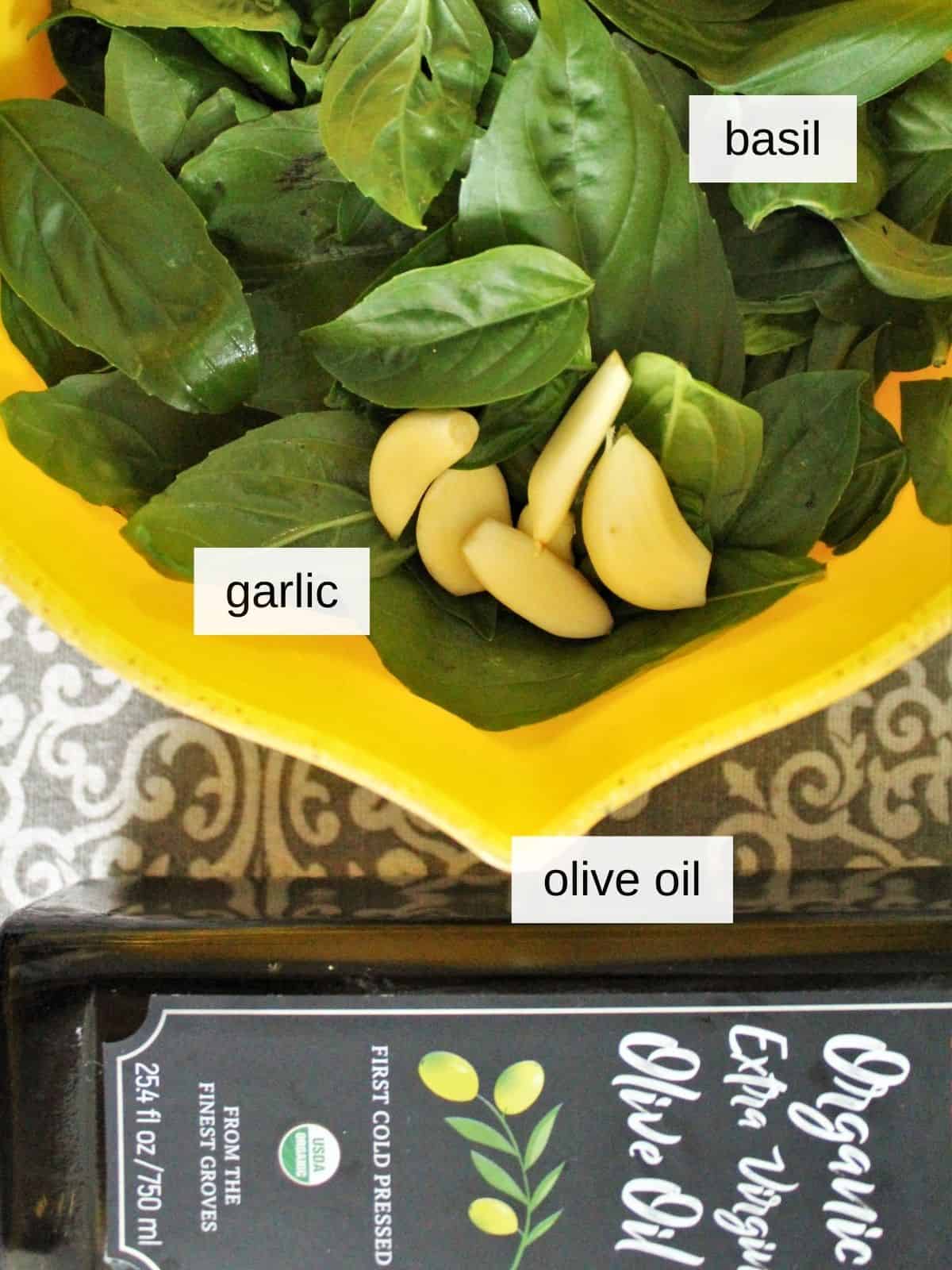
3. Fight inflammation with food. There are numerous anti-inflammatory and natural antihistamine foods you can & should add to your diet to naturally decrease the amount of histamine in your body. Some anti-histamine foods include garlic, basil, and olive oil, which all together make for a delicious pesto sauce, though there are dozens of options.
Each of these foods contains a combination of mast cell stabilizers and DAO supporters such as quercetin, a natural anti-histamine flavonoid found in apples, onions, parsley, and blueberries.
4. Utilize natural antihistamines. While whole foods are the ideal form of nutrition, sometimes they're just not enough. This is where mast-cell stabilizers such as quercetin, stinging nettle, and astragalus come in. Quercetin, which is a polyphenol antioxidant found in pears and apples, has been found to stabilize mast cell membranes and thus decrease the level of histamine in the body, especially when combined with Vitamin C.
5. Digest more slowly. Another way to decrease histamine in the body is to slow its release, thereby giving the body more time to break it down. This means incorporating more sources of low histamine fiber, fat, and protein so that you digest food more slowly, decreasing the rate of further histamine release and giving your body more time to break it down.
Low histamine proteins include nut butters and fresh-frozen meats, and low histamine fats include avocado oil, olive oil, coconut oil, and fats from low histamine meats. Some low histamine fibers to add into meals include hemp, chia, and flax seeds.
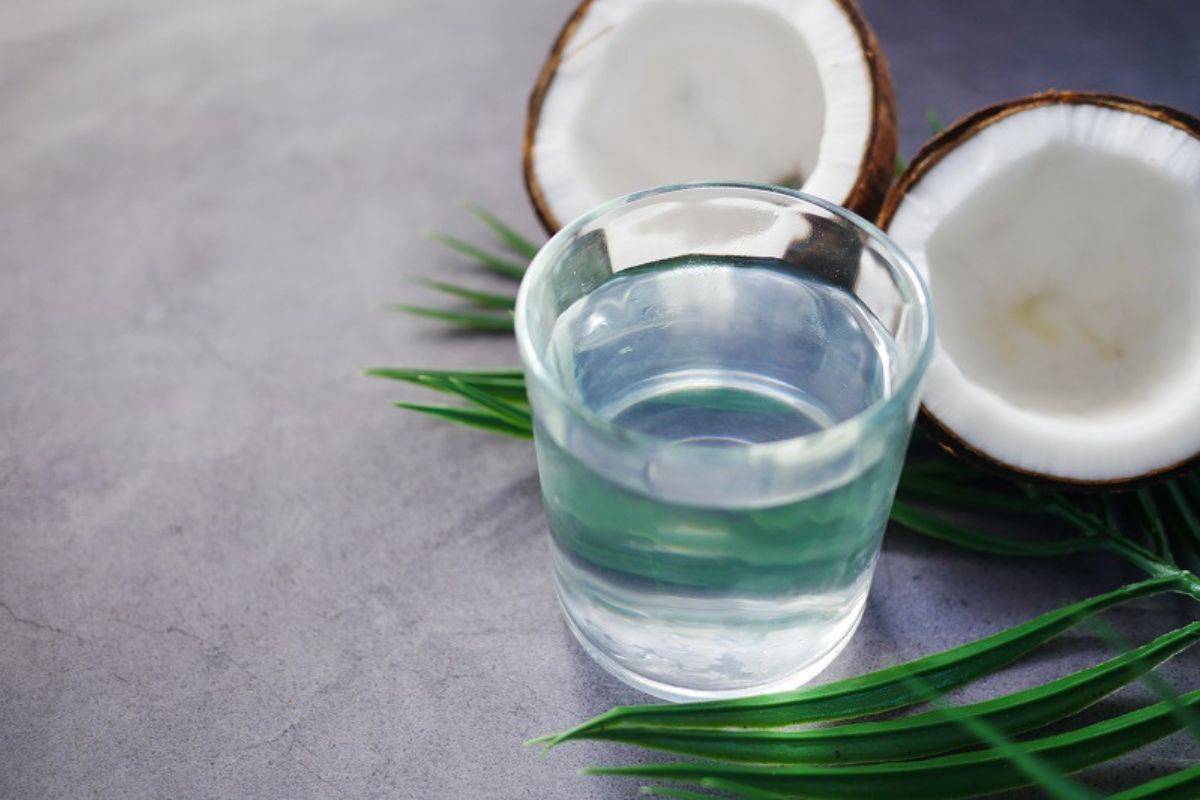
6. Increase your DAO. Diamine oxidase, or DAO, is an enzyme produced in the kidneys, the lining of the intestines, and the thymus. As mentioned above, DAO’s main function is to metabolize and break down excess amounts of ingested histamine in the body, along with the enzyme histamine methyltransferase (HNMT).
Increasing DAO production can be accomplished by “eating the building blocks” needed for our bodies to produce our own DAO, which includes the materials needed to make DAO and well as the co-factors needed for its production.
These building blocks are foods that enhance DAO function and production, and they include fresh organic proteins, grass-fed meats, and omega-9 fatty acids, such as those found in fresh eggs, coconuts, and olive oil.
Additional helpful nutrients are found in most types of fresh fruit and various grains, such as quinoa, rice, corn, and millet. Fresh pea sprouts are a vegan source of DAO, but even non-meat eaters should do their best to help their bodies produce DAO rather than consume it directly.
7. Correct systemic imbalances. Being deficient in any one nutrient can have a cascading effect, as can having too much of one. For example, high estrogen has been linked to high histamine levels, and low zinc or copper can impair the production of DAO.
Ask your doctor about getting a full blood panel to check for deficiencies or an overabundance of any given nutrient, though the blood will generally be the last place that a deficiency is revealed, as the body works very hard to keep it in homeostasis, sometimes to your own deficit.
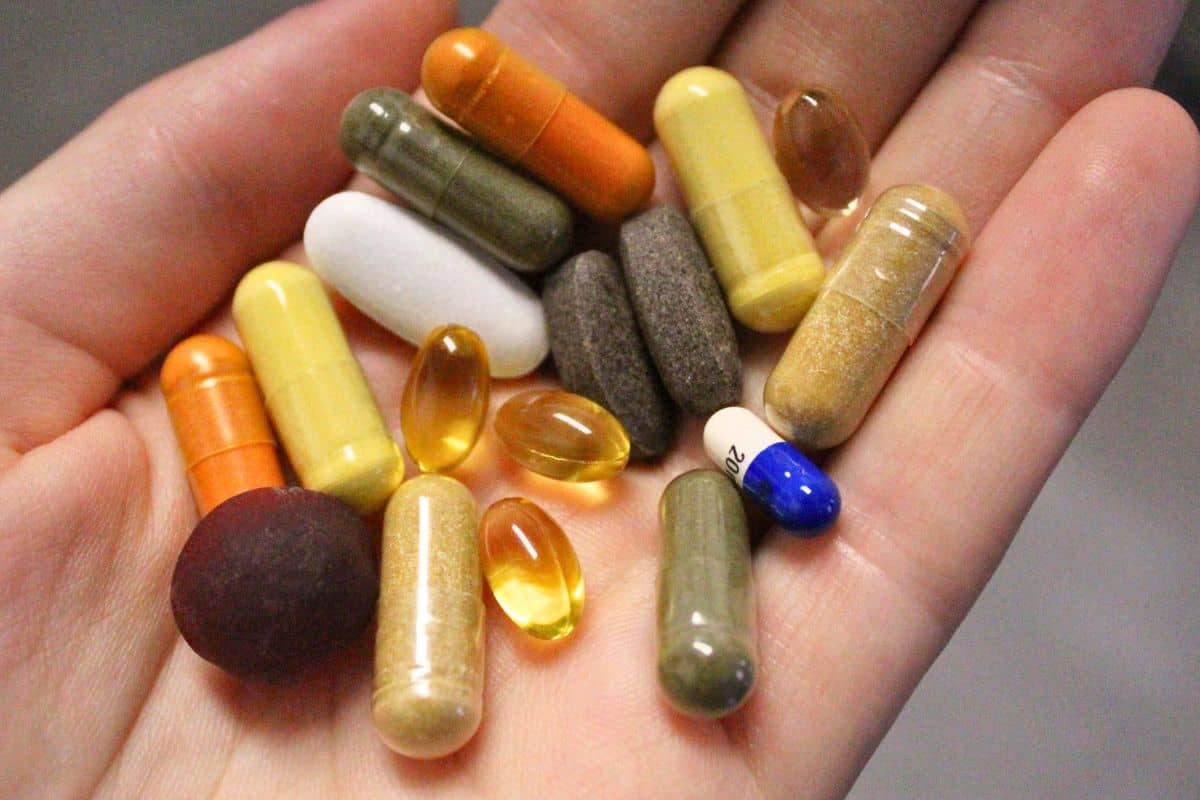
8. Sweat more. This may sound strange if you've found that exercise seems to aggravate your symptoms, but sweat is one of the main ways in which your body eliminates toxins. Some people enjoy doing this in a sauna, but personally I prefer an evening bath in warm water, as I find that it also lowers my stress levels.
In this two-for-one approach, helping yourself sweat more will help your body eliminate any heavy metals or mold that may be contributing to your illness, as well as any excess nutrients.
Aim for 15 minutes a day, as any longer in the bath and your body may start reabsorbing all that you just released. Adding epsom salt or baking soda can help further calm your system.
9. Address gut health. This should by no means be the last thing you try or a one-off attempt. Your gut is where much of your body's histamine ends up, so making sure that it's in balance should be a top priority.
Low stomach acid levels can contribute to high histamine levels by leaving your gut vulnerable to opportunistic bacteria that either themselves produce histamine or deteriorate DAO, so it’s important for your gut microbiome to keep it neither too high nor too low.
This means checking your stomach acid levels, as well as asking your doctor about a SIBO breath test and a stool test to check for parasites, pathogens, and imbalances in gut flora. Based on the results and your symptoms, your doctor may prescribe you a probiotic or a course of natural antivirals.
One example is mastic gum and oil of oregano (which I took to get rid of my h. pylori). Alternatively, they may pronounce your gut healthy, which is itself an important clue.
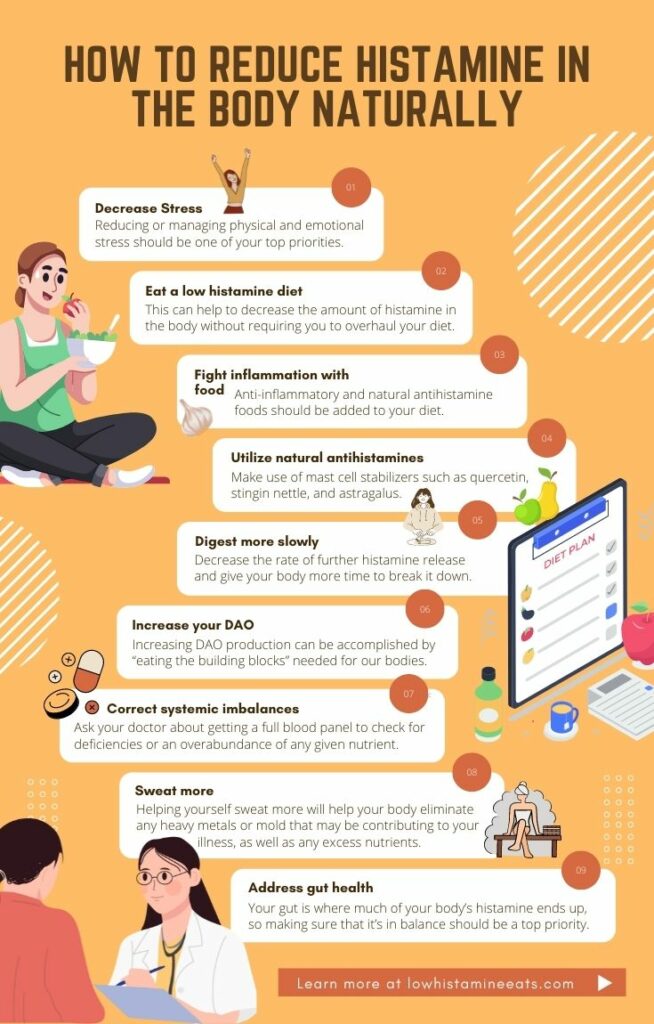
I hope this post has helped you figure out a few new ways to support your body's natural histamine-clearing pathways, as well as fight inflammation in other ways. Do you have any more tips for clearing histamine without antihistamines or H2 blockers?

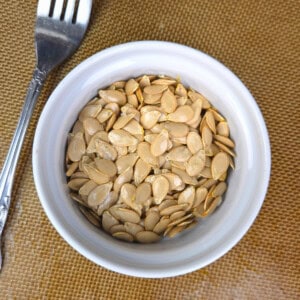


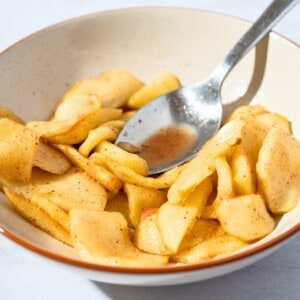
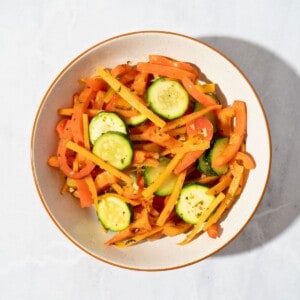

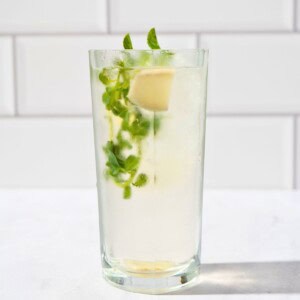
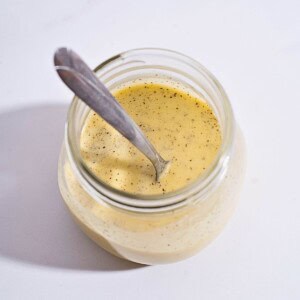
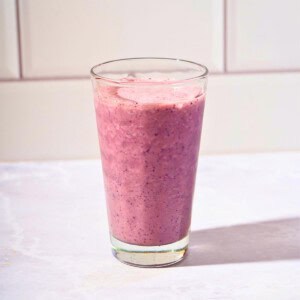
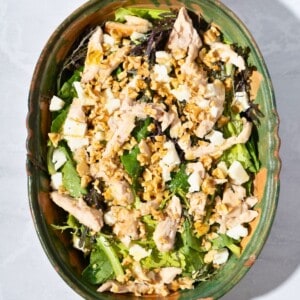
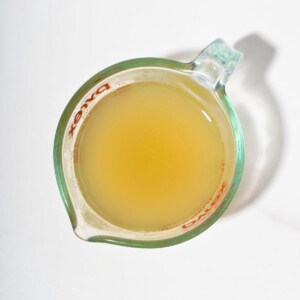
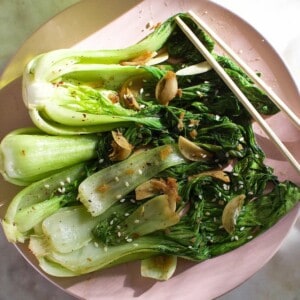
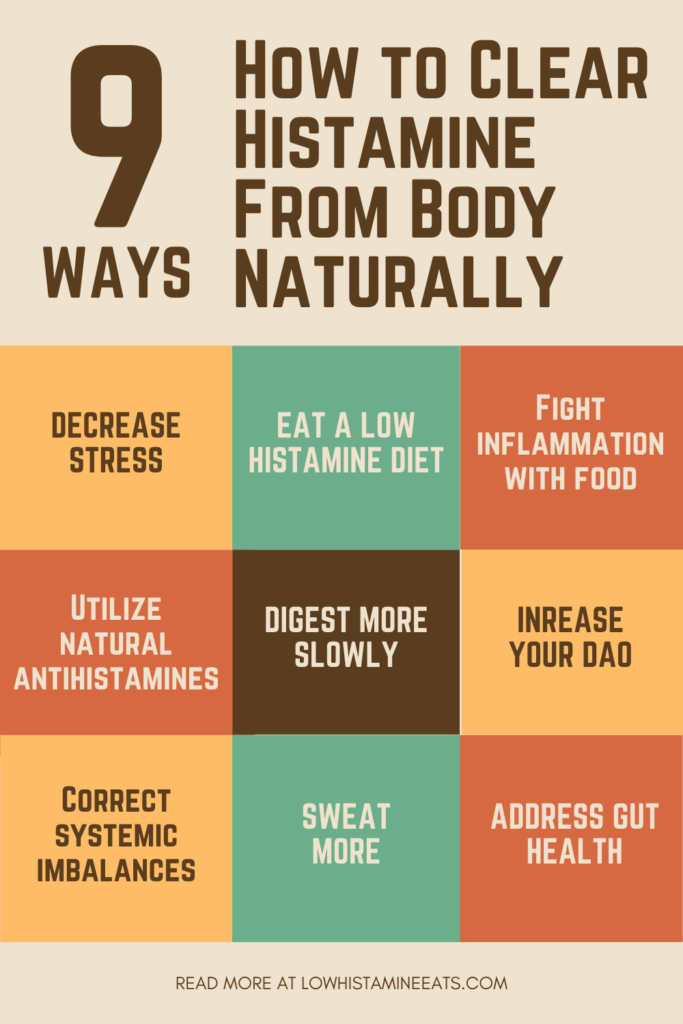
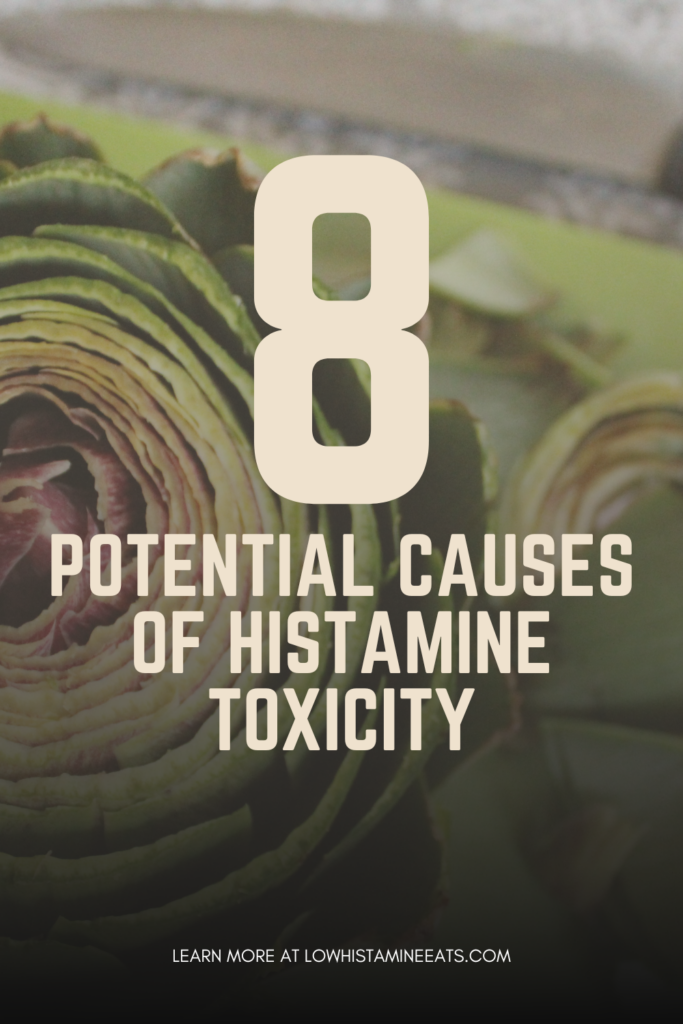

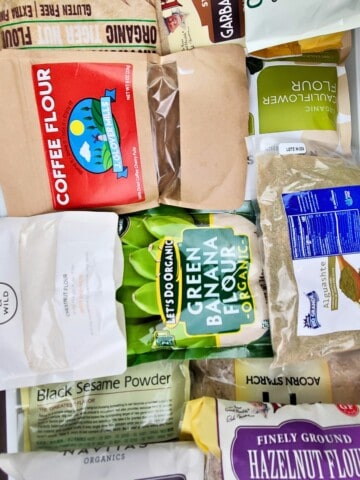


Annie Elks says
Thank you!
Max says
My pleasure, Annie!
suzan says
Hi , I have been trying for 18 years to find out “ what is wrong with me “ ignored, dismissed and shrugged should from every Doctor/ consultant I have spoken to. However, they do like to hand out antidepressants like smarties. The consultant , after 5 minutes of seeing me “ said you are very depressed “ and prescribed “ major “ antidepressants. I was mortified as , I am not depressed. Exhausted, frustrated, from being dismissed. Finally, with your website I can understand “ I do not have major depression. I have genetic histamine disorder .
Max says
I'm so glad you're finally starting to get the care you need, Suzan, and I'm sorry you went through such a long and arduous journey to get to this point; I know so many of us can relate to that, myself included. Hopefully following a low histamine diet has helped you get to a better place mentally & physically!
Rick says
I am so glad that I found your site! A couple of years ago I underwent a full allergy test. Three things stood out. The very first thing they mentioned was that I had an extremely high histamine level. But no one said that that meant. I do suffer from hives on occasion, but I couldn't figure out what was causing them. After finding your site and pouring over the information, I think my diet could very well be my problem. Everything on the high histamine list, I love to eat and do so regularly. I make my own fermented veggies, can my own meats, make my own bone broth and on and on and on. I now will have to rethink what I am eating. Thank you so much for a wonderful site.
Max says
Thank you for your kind words, Rick, and for taking the time ot leave a comment! I'm sorry nobody mentioned this possibility to you when you had those yests done years ago, but I'm glad you've been able to address it now. Your diet definitely sounds very high histamine, but the good news is that cutting those out will sure eliminate a lot of consumed histamine!
Linda says
I read that there are urinary issues from histamine intolerance, e.g., bladder leakage. Have you seen that too?
- Linda
Max says
That's possible, but I'm not as familiar with the urinary issues related to Histamine Intolerance; that would be a great question to bring to your doctor.
Lindsey Hayes says
Linda, I discovered a few years back that I have a histamine intolerance. One of my major symptoms is spontaneous bladder dumping. Withoutwarning, it's coming and I have absolutely no control over it. I've had this problem for most of my life. When my histamine levels are stable, I have no problem whatsoever.
Laura says
Oh wow! I've had increasing histamine (skin issues) over the last 3 months and also notice bladder control getting worse. I just figured whatever is causing all this inflammation is affecting bladder control (not the first time). Just learning about histamine intolerance though.
Fabiano says
Garlic and onion is the worst food that makes me sick.
Max says
That's such a shame - if they make you feel bad, if definitely sounds like you should avoid them, and maybe talk to your doctor about a sulfur issue.
Katherine says
I have methylation issues(MTHFR gene anomaly) which is part of my histamine intolerance. I get reactions to antihistamines in that I get a severe rebound after 1 dose. I also get severe hives from corticosteroids. So I can't take them, either. Most pharmaceuticals do not agree with me because they are not addressing the root cause and many of the extra ingredients cause a reaction for me(I have to be careful of nutritional supplement ingredients too). I am now addressing my methylation issues with appropriate supplements and am having some noticable detox symptoms, which are part of the HIT issue. Since MTHFR causes an inability to properly and efficiently detox, including removing excess histamine, I want to start taking a DAO supplement. I will be looking into dosage recommendations. Do you have any suggestions? I am also consulting with my Dr. but, I feel like I need to come in with a lot of info because mainstream Drs know little about anything but drugs. thank you.
Max says
Sorry for the late reply, Katherine; I just got back from my honeymoon! But while I want to make it very clear that I am not a doctor, when I had my most accute histamine intolerance, I personally always used the beef kidney from Ancestral Supplements for DAO, taking usually 1-2 per meal (up to 6 a day, as they're high in selenium). It's incredibly frustrating to get little to no help from your GP/'regular' doctors, for sure.
Laura says
Highly recommend Dr. Ben Lynch if you haven't already discovered him. He has a few supplements for histamine issues.
Max says
Yeah, I read Dirty Genes and did the (very expensive) genetic testing he recommends (and gets a commision on) through his site several years back; I didn't realize he'd since added a (surely very profitable) supplement store. The report from the test (around $300, if I recall correctly) contained some interesting information, but please please beware of lending too much credence/weight to the impact of a single gene without looking at it within the entire picture and your own symptoms. His 'test results' come in the form of a jumble of information that I've literally had to get my Master's of Science in order to be able to unjumble on my own. :/
Laura says
I'm sorry it doesn't sound like the testing was worth it for you. I thought it came with a good explanation of everything. He used to analyze your 23andMe health data also before he came up with his own test. I used a free online source for that instead. I wasn't referring to the DNA testing though. I've been buying his supplements for years and recently the HistaminX, Histamine Digest and Histamine Nutrients have been helpful. I also appreciate Dr. Lynch's clear explanations of things. One more thing--I was so happy to find out I'm NOT sensitive to beef so I can try the Ancestral kidney supplement! I've been using their supplements for years and love them!
Max says
Yeah, several years ago at least (2021, I believe) the data was not parsed out or explained very well unless you spent several hundred more dollars for someone to 'analyze' it for you, and with how expensive the first test was, I didn't feel confident that sinking MORE money into it would be helpful; although now that I've taken a Nutrigenetics class, I feel more equipped to personally parse my own results, though I just wouldn't feel good endorsing it to others. I'm glad you got some helpful information out of it, too, and I do hope that mine & my mother's negative experience wasn't the norm, as it sounds like his formulations have made a positive difference for you, which is great!
Lorna Brown says
My husband had an allergic reaction to Atorvastatin which manifested itself as hives and red/purple rashes that are appearing on various parts of his body, constantly. He's taking antihistamines and has had oral steroids for 7 days. It is still flaring up. Help!!
Max says
I am so sorry you're both going through that, as I'm sure it's been very scary and painful, but I am NOT a doctor - please please go to urgent care if his symptoms feel life-threatening (like his airways are closing/anaphylaxis), and at the very least get a telehealth visit with your doctor for them to help assess what may be continuing his reaction. It may be that the medicine you referenced is still in his system and may need more time to flush out, or there may be another cause. Either way, I definitely recommend you see your doctor to help manage what's going on.